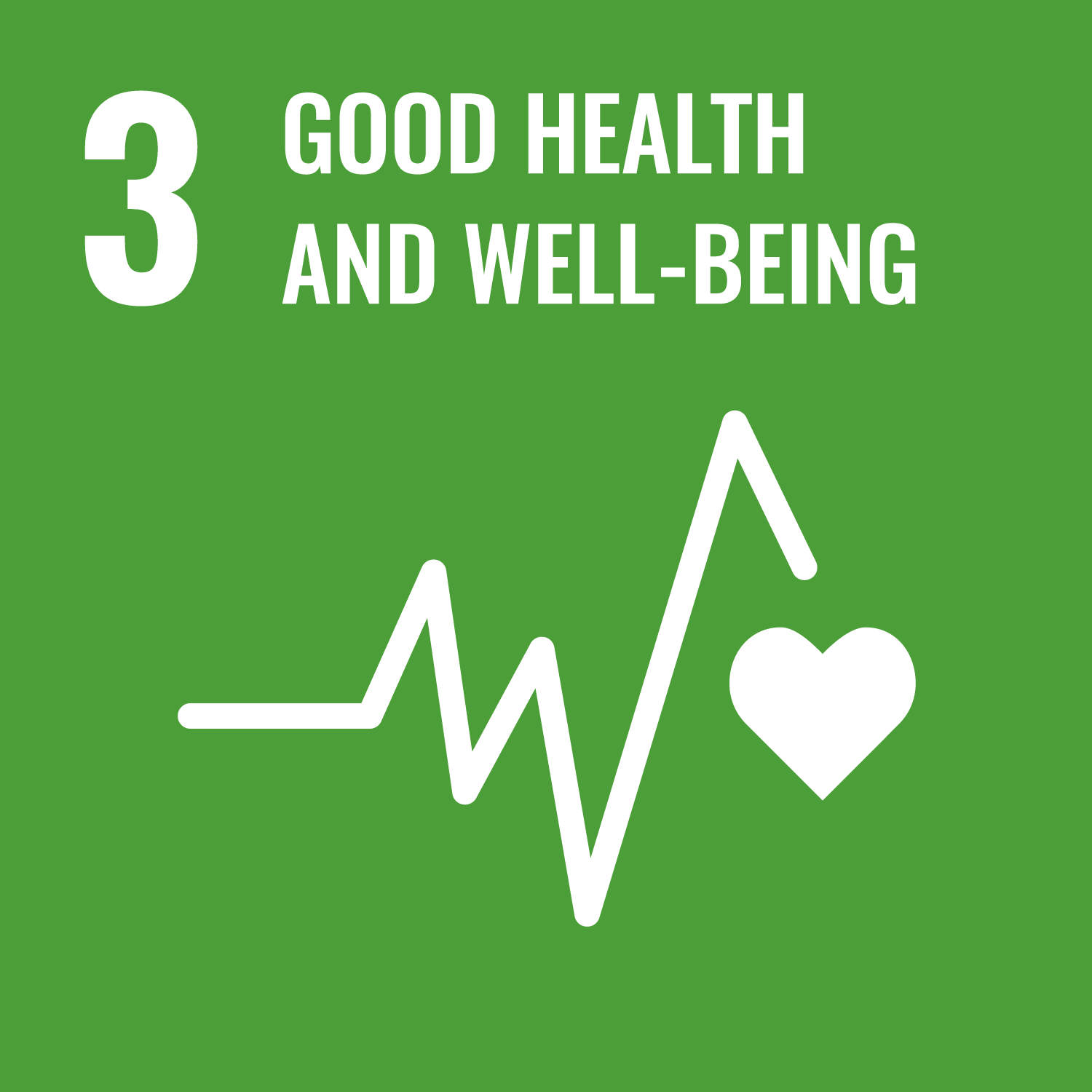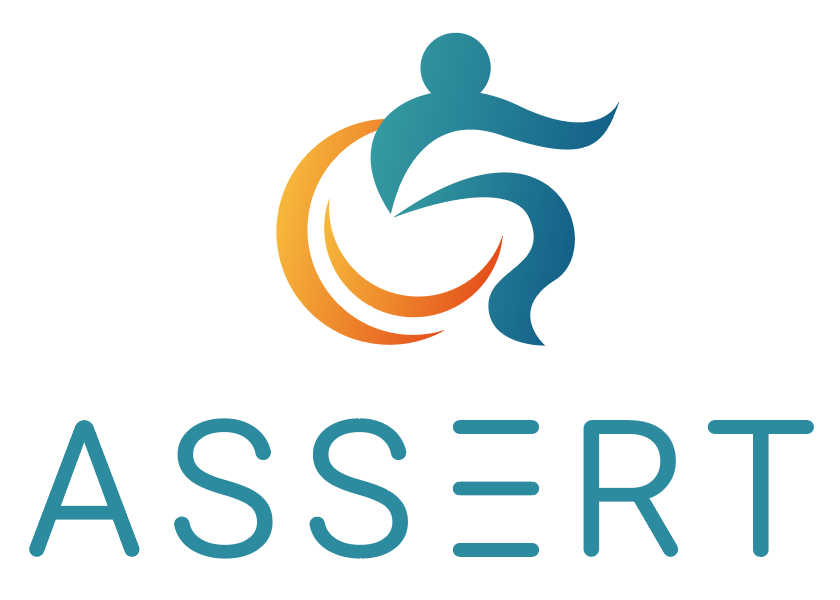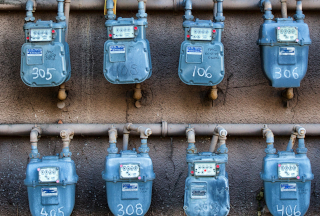The ELIH MED project aimed to promote the energy efficiency in low income housing in the Mediterranean. In Cyprus interventions to increase energy efficiency were made in 25 households with low energy income and 25 smart meters installed. About 300,000 euros were invested in energy upgrading of housing 25 vulnerable consumers. Interventions to improve energy efficiency were varied and depended on the initial state of the house, but in general can be summarized in the installation of thermal insulation, replacement of double windows, energy efficient heating and air-conditioning systems, energy homes, etc., which have brought energy savings beyond 40% in each house.
With a budget of over 1 million euros, the activities developed with the support and co-fund from the local authority include:
- Communication and awareness
- Stakeholders engagement
- Call for applications
- Selection of beneficiaries
- Energy Audits
- Green public procurement for energy renovations and RES integrations
- Behavioral change
- Energy interventions, RES installations, smart meters
- Monitoring, data collection, evaluation
- Policy recommendations.
In the context of the implementation of the project ELIHMED in Cyprus, measures have been taken towards the increase of energy efficiency in 25 residential households of low income households. The interventions were co-financed 85% by the European Regional Development Fund of the European Union and 15% of the participating Local Authorities and the Cyprus Land Development Corporation.
In addition, the Electricity Authority of Cyprus sponsored the 25 smart meters and members of the Cyprus Association of Renewable Energy Enterprises in Cyprus have sponsored 11 photovoltaic systems that were installed and connected with the net metering system. Interventions aimed at improving the energy efficiency of buildings aiming to save energy but at the same time to improve the living comfort and quality of life. Interventions have been selected based on techno-economic criteria and taking into account the current state of the buildings and the habits of their owners.
In each house have been operating some of the following interventions or combination of interventions:
- Roof insulation.
- Shell thermal insulation.
- Replacement of windows with double glazing energy windows.
- External shading.
- Replacement of solar water heaters.
- Replacement of air conditioning units with new high energy class.
- Replace bulbs with new energy-efficient.
- Replacement of traditional fireplaces with wood source high energy performance ones (air fireplace or water type boiler).
- Photovoltaic system with net metering.
- Repairs waterproofing (waterproofing).
Actual energy savings around 54% and energy poverty confrontation as a result of the reduction of energy expenses.
In 11 out of 25 households, pilot photovoltaic systems were installed with the net metering grid connection for the first time in Cyprus. For the first time in Cyprus there is evidence, through the installation of 25 smart meters, per 15 minute recording of electricity consumption and user profile.
Some useful resources: implementation video and evaluation report.
Main beneficiaries: the disabled, elderly, energy poor, low income, national/local authorities, policy makers
-

-
 Countries impacted:
Countries impacted:
CyprusGreeceItalyFranceSpainMaltaSlovenia -
 Geographical scale:
Geographical scale:
Regional and Local -
 Energy poverty phase:
Energy poverty phase:
ImplementationPlanning -
 Intervention type:
Intervention type:
Renewable Energy Integration -
 Professionals involved:
Professionals involved:
ResearcherEngineerTechnician -
 Partners involved:
Partners involved:
-
 Type of funding:
Type of funding:
European and national funds from Interreg MED (85%), own contribution, private funds and local funds (15%) -
 Website:
Website:
Case website -
SDGs addressed:






